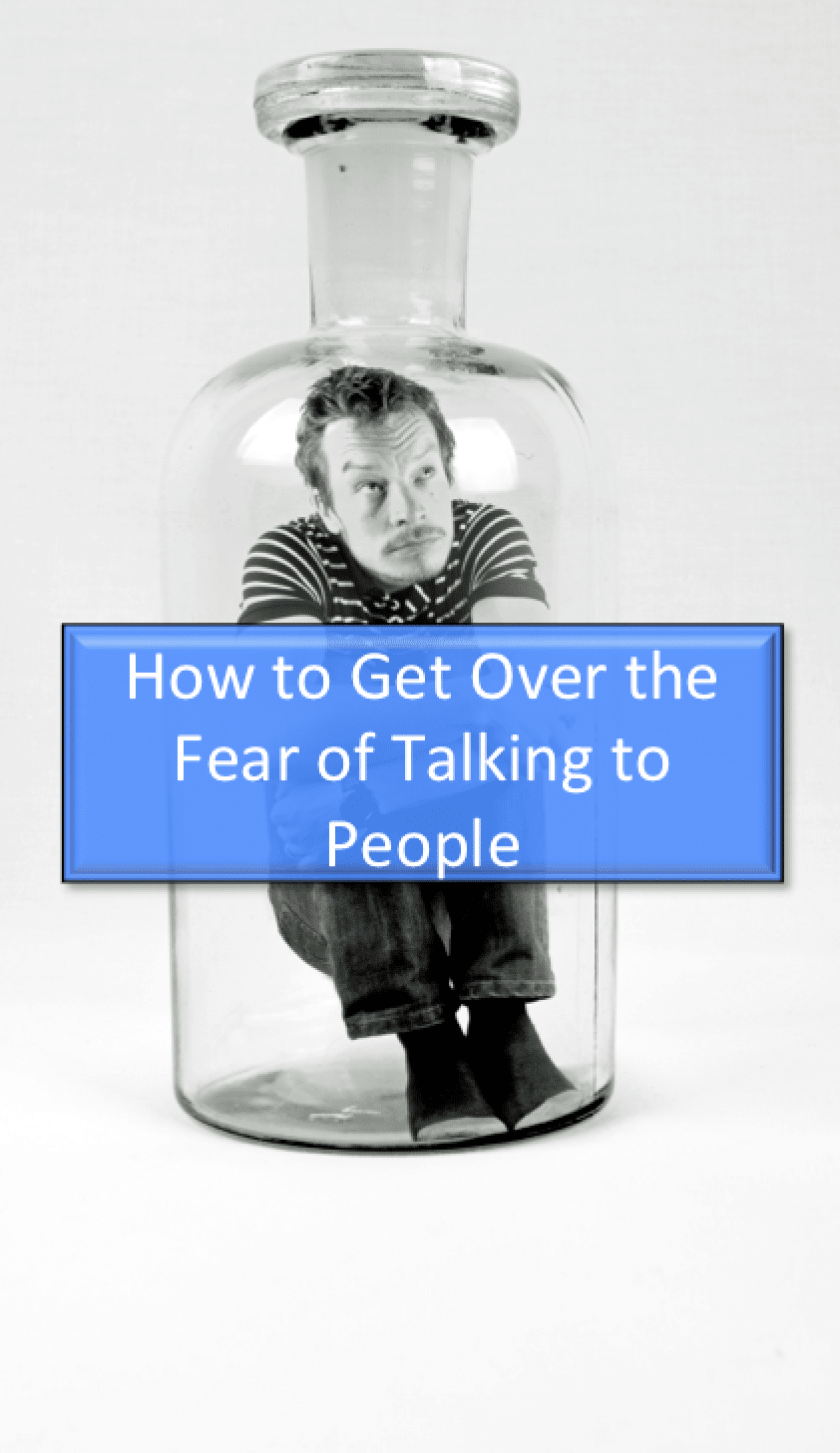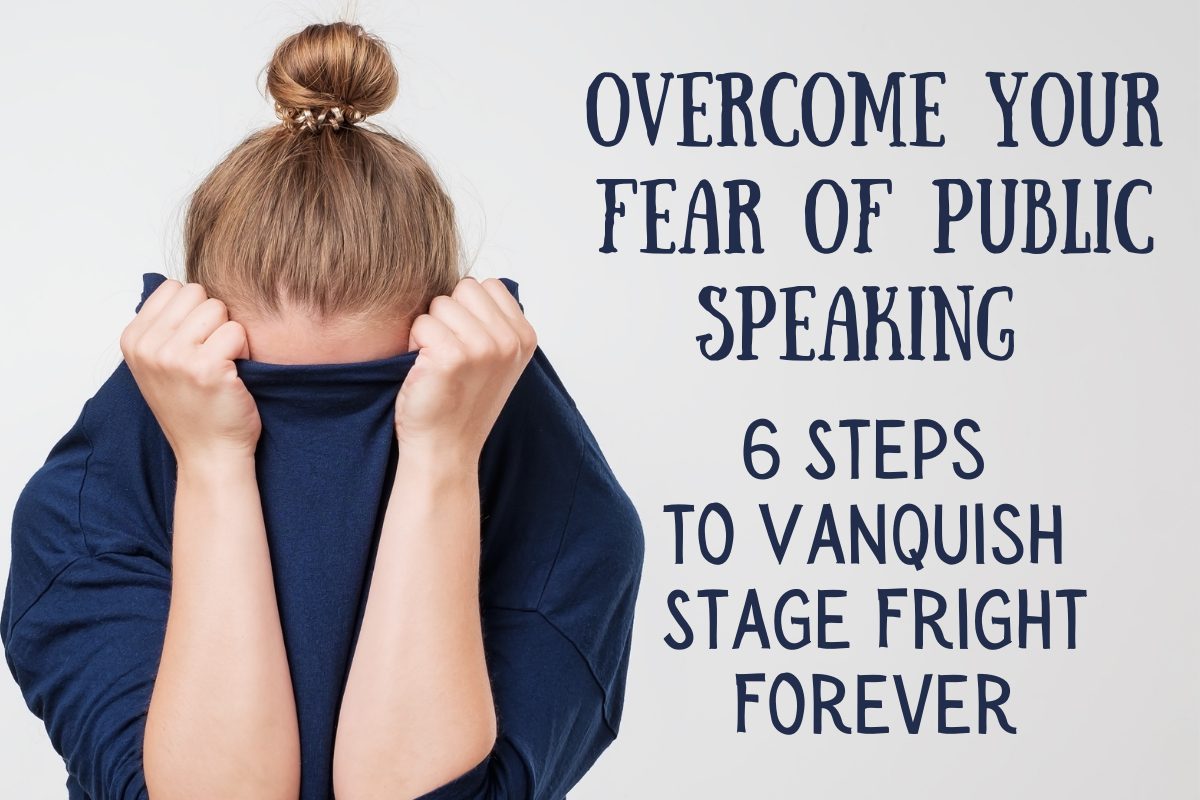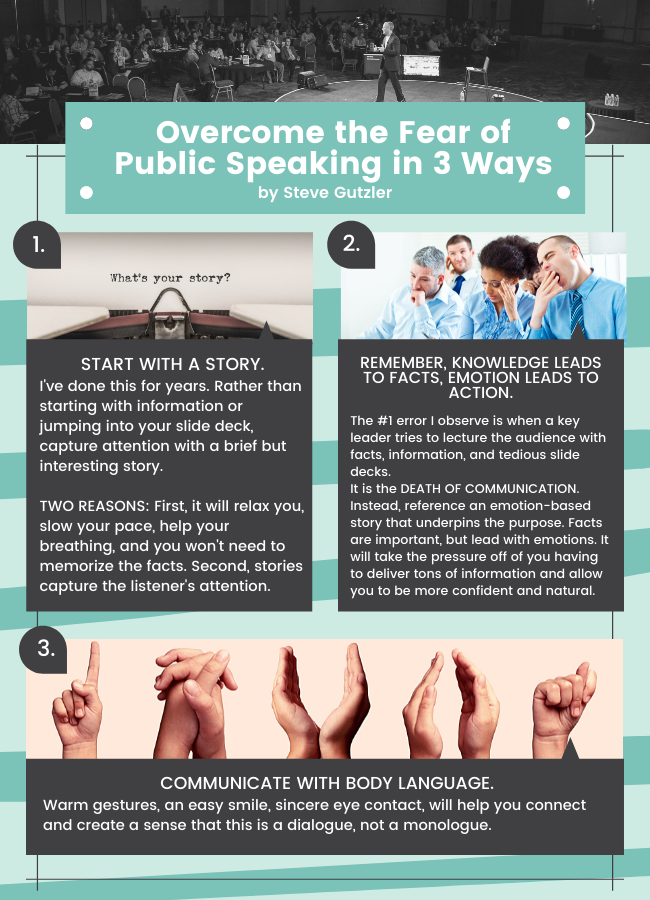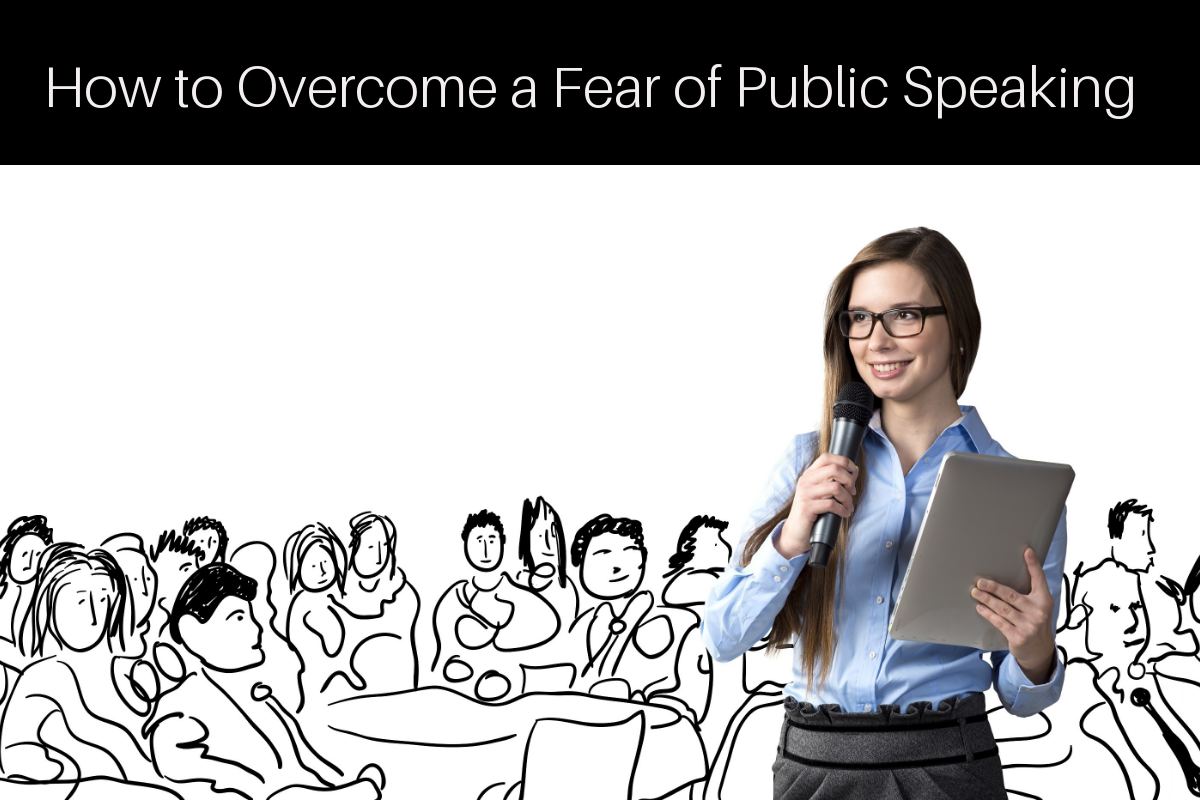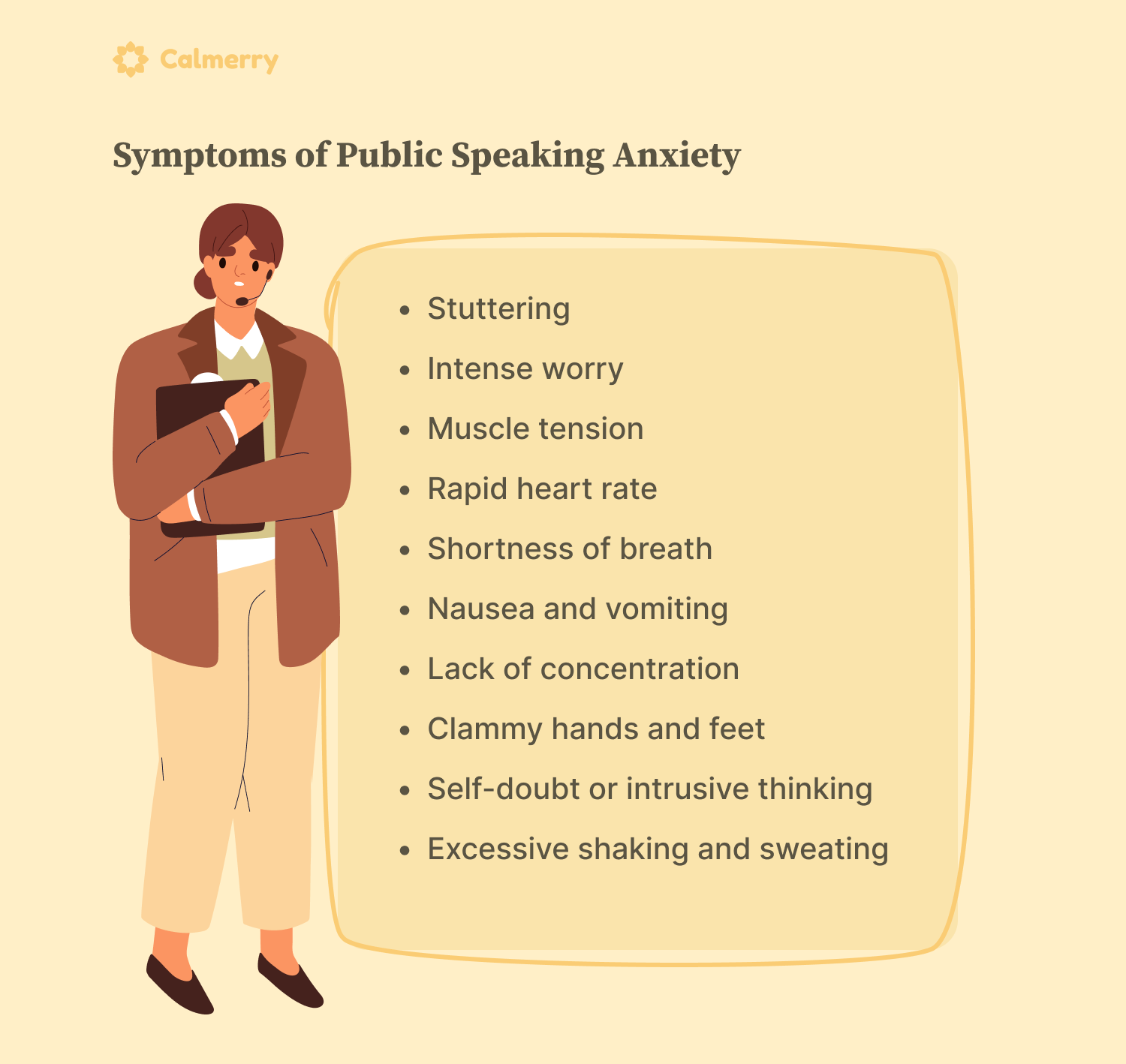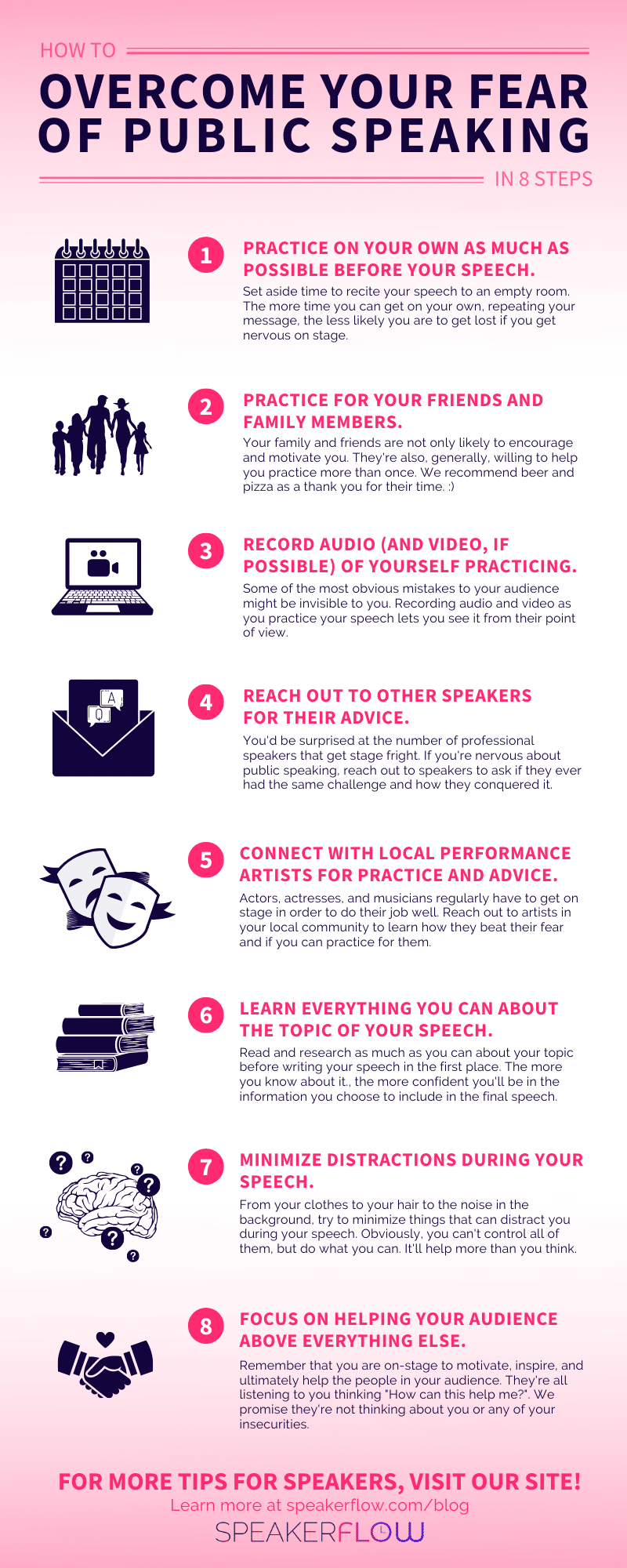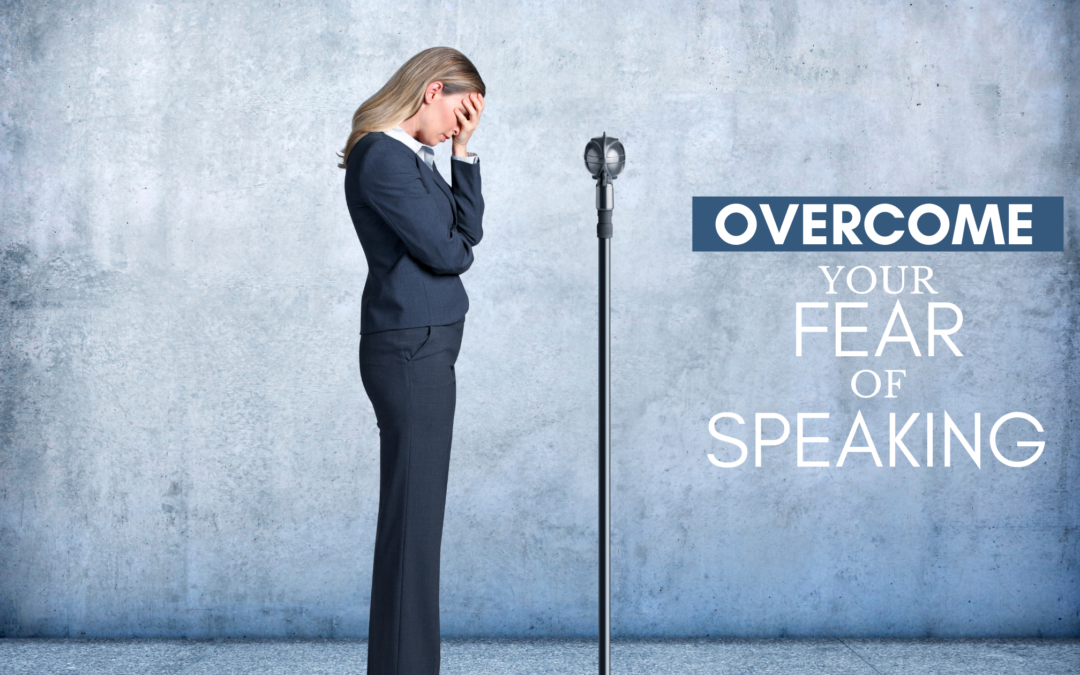How To Overcome Fear Of Talking To Someone

Millions struggle with the debilitating fear of initiating conversations, hindering professional and personal growth. Expert advice reveals actionable strategies to conquer this common anxiety, empowering individuals to connect confidently.
This article provides a concise guide to overcoming the fear of talking to someone. It delivers proven techniques, focusing on immediate application and measurable results, so you can start connecting today.
Understanding the Root of the Fear
The fear of talking to someone, also known as communication apprehension or social anxiety, often stems from a fear of judgement, rejection, or saying the wrong thing. According to the Social Anxiety Association, approximately 15 million American adults suffer from social anxiety disorder.
Negative self-talk and past experiences can reinforce these anxieties, creating a cycle of avoidance and increased fear. Recognizing these underlying causes is the first step towards overcoming them.
Practical Strategies for Immediate Improvement
1. Start Small: Incremental Exposure
Don't jump into high-stakes conversations immediately. Begin with low-pressure interactions, like asking a store clerk for help or commenting on the weather with a neighbor.
Each successful interaction builds confidence and reduces anxiety in the long run. This gradual approach, recommended by psychologists, allows for a comfortable desensitization process.
2. Prepare Talking Points and Questions
Anticipating potential conversation topics can ease anxiety. Prepare a few open-ended questions or talking points related to the situation or the person you're meeting.
This preparation reduces the pressure to come up with things to say on the spot. For example, if attending a networking event, research the speakers or the company beforehand.
3. Focus on Listening, Not Just Talking
Shifting your focus from what you're going to say to actively listening to the other person can significantly reduce anxiety. Engaging with their words allows you to formulate more natural and relevant responses.
Active listening involves paying attention, asking clarifying questions, and providing non-verbal cues like nodding and maintaining eye contact. This makes you a more engaging conversationalist and eases the pressure on yourself.
4. Practice Positive Self-Talk
Challenge negative thoughts and replace them with positive affirmations. Instead of thinking, "I'll probably say something stupid," try "I'm capable of having a good conversation."
According to Dr. Christine Carter, a sociologist at UC Berkeley's Greater Good Science Center, practicing gratitude and self-compassion can significantly reduce anxiety. Repeating positive affirmations daily can rewire your thought patterns over time.
5. Embrace Imperfection: It's Okay to Make Mistakes
Accept that no one is perfect, and everyone makes mistakes. If you stumble over your words or say something awkward, don't dwell on it.
Acknowledge it briefly and move on. Dwelling on imperfections only amplifies anxiety and makes future interactions more daunting.
6. Seek Professional Help When Needed
If the fear of talking to someone is severely impacting your life, consider seeking help from a therapist or counselor. Cognitive Behavioral Therapy (CBT) is a proven method for treating social anxiety.
They can provide tailored strategies and support to overcome your fears.
"Therapy offers a safe space to explore anxieties and develop coping mechanisms," states Sarah Jones, a licensed therapist specializing in social anxiety.
Next Steps: Continuous Practice and Support
Overcoming the fear of talking to someone is an ongoing process. Continue practicing these strategies in various situations and seek support from friends, family, or a therapist when needed.
Regular practice and a supportive network will help you build confidence and reduce anxiety over time. Remember, even small steps forward contribute to significant progress.
